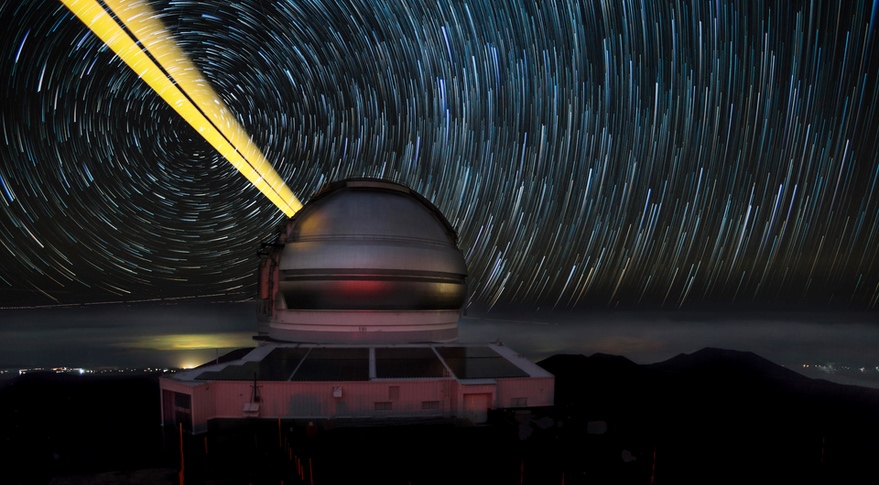SpaceX and the US National Science Foundation have signed an agreement to reduce the impact of second-generation Starlink satellites on astronomy. However, some scientists are still going to sue Elon Musk’s company.

SpaceX agreement with astronomers
The US National Science Foundation has announced an agreement with SpaceX to reduce the damage to astronomy of the second-generation Starlink satellites. This was announced on January 10, although the decision was made on December 2.
Last year, astronomers lashed out at SpaceX with accusations that satellites providing Internet to the most remote regions greatly interfere with astronomers because of their brightness.
Therefore, Elon Musk’s company has certain problems. After all, the next step was the certification of the second generation of Starlink, which large antennas were supposed to reflect light even more strongly. That is why they contact the National Science Foundation, which finances several large observatories across the country and the most influential organization of American scientists.
In the end, SpaceX managed to satisfy the demands of scientists, although in fact there were no legal grounds to refuse a license because of the threat to astronomy. Anyway, the Federal Communications Commission has given its consent to the deployment of a quarter of the 30 thousand new satellites.
Is the conflict settled?
SpaceX volunteered to reduce the brightness of their satellites to 7 stellar magnitude. This will make them invisible to the naked eye and reduce the impact on astronomical observations, but it will not completely eliminate it.
The company also stated that Starlink would not transmit when it flew over large observatories. In addition, they will be deleted from the Laser Clearinghouse database. According to it, astronomers determine when powerful lasers, which are used as reference stars during observations, should be turned off.
But this does not mean that the conflict is over. The International Dark Sky Association, which unites many astronomers, is still dissatisfied. At the end of December, it filed an appeal against the decision of the Federal Communications Commission.
In its lawsuit, the Association insisted that the Commission violated the Law on National Environmental Policy when it issued its permit. In turn, the state body insists that in this case it simply sees no reason to conduct an additional examination.
Meanwhile, a new threat has emerged for astronomers. After all, AST SpaceMobile has begun deploying its own constellation designed to provide people with direct satellite communications. And their devices, the first of which have been in orbit since September, also have considerable antennas that can interfere with astronomers.
According to spacenews.com
Follow us on Twitter to get the most interesting space news in time
https://twitter.com/ust_magazine

